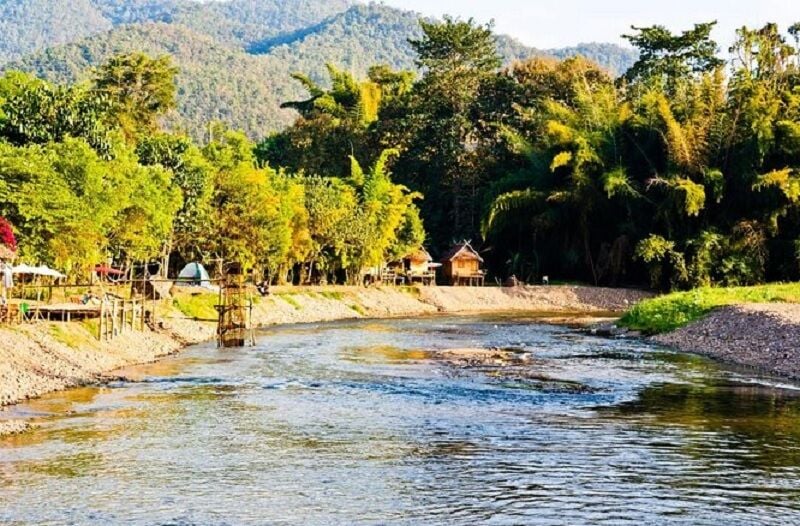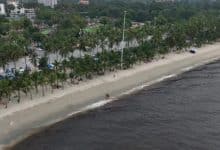Salaween River reroute raises fishy fears: Ecological impact alarm

Concerns are mounting over the potential ecological impact of diverting water from the Salween River to the Ping River, with experts warning of a possible decline in fish stocks due to invasive species and genetic contamination.
Fisheries biologist Apinan Suwannarak from Maejo University revealed that the Nam Yuam Dam project, which aims to redirect up to 1.8 billion cubic metres of water from the Salween River basin along the Thai-Myanmar border to the Ping River, could jeopardise the survival of nearly 98% of species in the Ping River.
“We still don’t fully understand the biology and behaviour of many species in the Salween. Most of the fish found in the river migrate towards the estuary to lay eggs, so the dam might affect their chances.”
Apinan noted that Invasive species introduced through the dam’s channels could further disrupt the basin’s ecology.
A coordinator for the Yuam-Ngao-Moei-Salween River People’s Network, Sathan Cheevavichaipong highlighted that the section of the Salween River flowing through Thailand remains the only undammed part of the river. The Salween has been dammed at 13 locations in China and seven sites in Myanmar’s Shan and Karen states, close to the Thai-Myanmar border.
The International Union for Conservation of Nature (IUCN) and Maejo University’s Faculty of Fisheries recently conducted a workshop addressing the biodiversity of the Salween River system. During the workshop, local research identified several unique fish species within the river, including the sa-ngae fish.
Twelve villages have been designated as conservation areas to facilitate further study by experts, according to the workshop attendees, reported Bangkok Post.
In related news, the Chao Phraya River embankment collapse causes waves of concern, A section of the Chao Phraya River embankment collapsed causing significant concern among locals and governmental officials in Nonthaburi’s Pak Kret district. The embankment collapsed at approximately 5.40pm, June 9, leaving concrete rubble and exposed rebar stretching 75 metres.
Latest Thailand News
Follow The Thaiger on Google News:


























